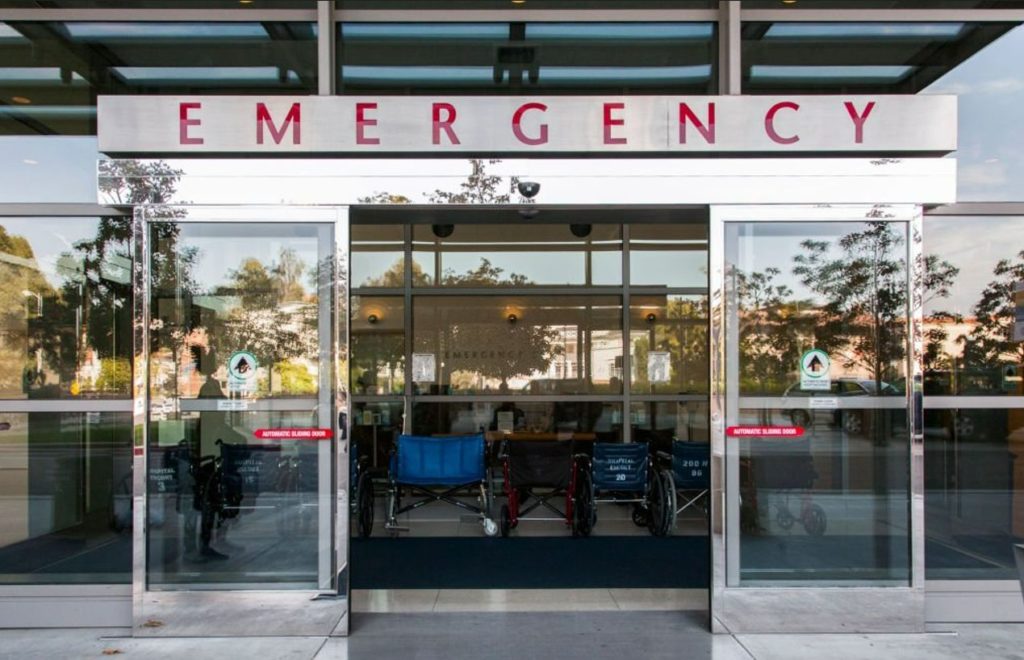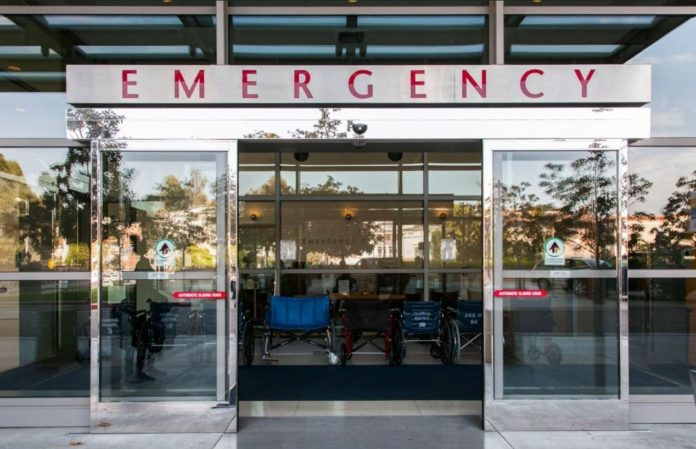Clinicians and patients must be aware of the various signs and symptoms of cardiac events in women and individuals of various races and ethnic backgrounds.
There is an 11 percent higher mortality rate among younger women brought to the hospital after suffering cardiogenic shock, a sudden heart event that can occur after a heart attack, according to a study published in Circulation: Heart Failure.
Myocardial infarction–cardiogenic shock (AMI-CS) occurs when the heart abruptly stops pumping enough blood to keep important organs alive; although rare, it is a common cause of mortality in people who have had a heart attack.
Women were also less likely to obtain crucial heart attack therapies and interventions that could have possibly life benefits, according to the study.

Saraschandra Vallabhajosyula, principal author of the study, said, “This research looks at an important question.”
Most studies haven’t looked at outcomes among 18- to 55-year-olds because this occurrence is more common in older women, in part because younger women have cardiac protective hormones like estrogen, he says.
“We were surprised that these women did worse than men and received less aggressive treatment,” Dr. Vallabhajosyula explains.
Women have traditionally been assessed for a heart attack using a process established for men, in which doctors search for standard signs such as chest pain.
Women under the age of 55 may not only experience distinct symptoms, but also have more variance in symptom combinations, according to a study published in Circulation: Quality and Outcomes in February 2020.
The scientists concluded that these changes could explain why young women who have had a heart attack had a higher likelihood of missed diagnoses.
Researchers analyzed 90,648 patient hospital admissions on people aged 18 to 55 years old using data from the National Inpatient Sample from 2000 to 2017. Women made up 26 percent of the sample investigated.
The study’s main goal was to assess how gender affects AMI-CS outcomes in younger persons; researchers also looked at how frequently men and women were to undergo particular cardiac procedures as part of their therapy.
According to the study authors, cardiogenic shock kills around half of the persons who survive long enough to be admitted to the hospital.
Women in the study were more likely than men to be Black, from a lower socioeconomic background, to have comorbid conditions, and to be admitted to rural or small hospitals.
Researchers discovered the following results after adjusting for factors such as age, race, sex, insurance, and socioeconomic status, which includes factors such as income and education level:
- During their stay, women were less likely to get coronary angiography, a treatment that allows for the diagnosis of blockages in the heart arteries (78.3 percent versus 81.4 percent for men). On the day of admission to the hospital, the disparity was much greater: 49.2 percent for women against 54.1 percent for men.
- Women were approximately 5 percent less likely than males to have stents or balloons placed in their arteries to open blockages: 59.2 percent versus 64 percent, respectively.
- Women were almost 9 percent less likely than men to have a mechanical pump to help with their cardiac function: 50.3 percent against 59.2 percent, respectively.
According to Sitaramesh Emani, MD, a cardiologist and director of heart failure clinical research at The Ohio State University Wexner Medical Center in Columbus, one unusual component of this study is the age range of the participants.
“Cardiovascular disease as a whole in the United States, particularly acute MI,” adds Dr. Emani, who was not involved in the study, “tends to happen in older populations, though we know that certainly any age range can be affected.”
Although the risk of heart attacks has decreased among older folks, it has increased in people aged 35 to 54, particularly among women, according to a study published in Circulation in February 2019.
Even after controlling for age (women have their first heart attack roughly seven years later than males), women had a lower overall survival rate than men, according to the first-ever scientific statement on women and heart disease, published in March 2016 in Circulation.
According to the report, 47 percent of women will die, develop heart failure, or have a stroke within five years of having their first heart attack, compared to only 36 percent of males.
“In this particular study, the authors also found that the younger female population presenting with acute MI and shock are more likely to be Black and more likely to live in rural areas,” says Emani.
Women of color, on the other hand, make up only 3 percent of volunteers in cardiovascular studies around the world, according to the AHA.
While heart attack rates have decreased among older adults in recent years, they are increasing among those aged 35 to 54, particularly women. Physicians and patients alike must be aware of the various symptoms of cardiac events in women and people of various races and ethnicities.
“Heart attacks can present differently in women and in people of different races and ethnicities,” adds Vallabhajosyula.
“We have to get better at understanding the diversity with which patients present,” notes Emani. “A heart attack isn’t always somebody clutching their chest. We need to get better understanding that in order to best deploy our modern medical resources in early and calculated fashion to improve outcomes, quality of life and survival.”
“It’s important for women to know that their symptoms of a heart attack may be different from that of men’s; they should take those symptoms seriously and seek care immediately,” Vallabhajosyula says.
Symptoms of a heart attack in women, according to the AHA, include:
- Chest pain or discomfort — painful pressure, squeezing, fullness, or pain in the middle of the chest that can persist for a few minutes or go away and come back — is the most prevalent indication in both men and women.
- One or both limbs, back, neck, jaw, or stomach discomfort or pain
- Breathlessness with or without chest pains
- Feeling dizzy, nauseated, or breaking out in a cold sweat are among symptoms to look out for.
“Nobody knows your body as well as you do; if you feel the symptoms of a heart attack, it’s crucial to speak up and be heard and let your priorities be known,” adds the author of the study.
“People know their own bodies the best,” Emani says, adding “If something seems wrong, if something doesn’t seem like it’s going correctly, that should be brought up.”
For example, if a woman has symptoms and goes to the emergency room, it might be thought that she has anxiety or stomach problems at first, but it could also be something else.
“If that diagnosis doesn’t sit right with the patient or the other family members in the room it’s okay ask questions such as, ‘Could it be my heart?”’ he adds.
Image Credit: Getty
You were reading: Why? Women more likely to die after heart attack than men – study finds
